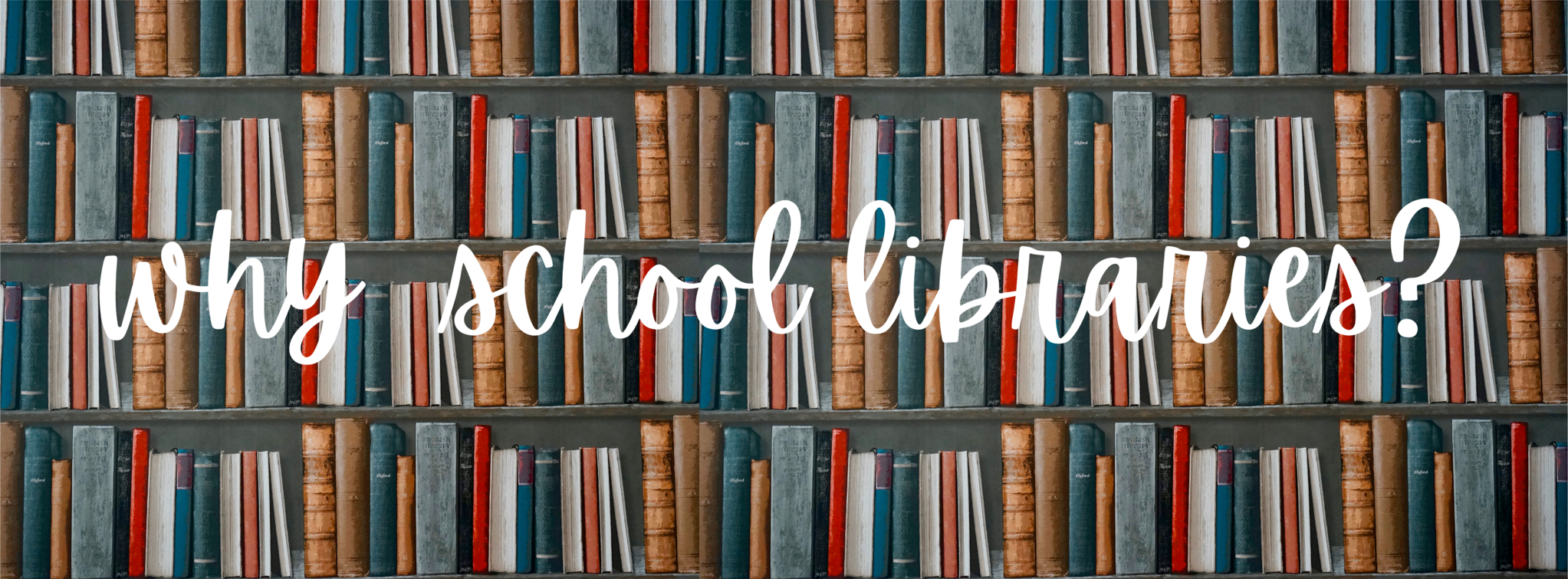REIMAGINING SCHOOL LIBRARIES: the ECS Way
In Eastpointe, we believe that a strong library program is central to the successful development of literacy and sustained readership in our students.
We also believe that the library can be the heartbeat of the school and that they’re not just a quiet book repository anymore; instead, they are dynamic spaces for reading, learning, and creativity. They are also safe spaces for students from differing and/or diverse backgrounds. The library is for EVERYONE - and EVERYONE is invited to come find their next great read, drop in to study or research, or produce something creative using the maker space or technology.
Eastpointe is one of the few Michigan school districts to staff a certified school librarian. In fact, according to to the Center for Educational Performance and Information (2019), only 8% of Michigan schools staff a full-time librarian, 17% staff a part-time librarian; and 65% of schools in Michigan do not staff or operate library in any capacity. It is the Eastpointe way to offer our students access to literature, information, and to help develop research and inquiry skills.
The library does not censor the books that students choose to read; instead, our collection development policy notes selection criteria as well as considerations for weeding and deaccessation. Additionally, per the American Library Association's Code of Ethics, our ECS libraries are committed to...:
- ...providing the highest level of service to all library users through appropriate and usefully organized resources; equitable service policies; equitable access; and accurate, unbiased, and courteous responses to all requests;
- ...uphold the principles of intellectual freedom and resist all efforts to censor library resources;
- ...not advancing private interests at the expense of library users, colleagues, or our employing institutions;
- ...distinguishing between our personal convictions and professional duties and do not allow our personal beliefs to interfere with fair representation of the aims of our institutions or the provision of access to their information resources; and
- ...affirming the inherent dignity and rights of every person. We work to recognize and dismantle systemic and individual biases; to confront inequity and oppression; to enhance diversity and inclusion; and to advance racial and social justice in our libraries, communities, profession, and associations through awareness, advocacy, education, collaboration, services, and allocation of resources and spaces. (American Library Association, 2021).
Not only are our libraries beacons of information access and equity, but we also respect and implement non-censorship non-discriminatory professionalism. Regardless of race, ethnicity, country of origin, primary language, sex, gender, gender expression, sexual orientation, faith/religion (or lack thereof), political views, age, height, weight, familial or marital status, or anything else listed in the 2019 amendment to the State of Michigan's adoption of the Elliott-Larsen Civil Rights Act, everyone has a place in our space.

The Research says...
The state of Michigan is also in a critical shortage of certified school librarians. According to the Michigan Association for Media in Education, in 2019, only 8% of Michigan schools staffed a full-time certified school librarian, and only 18% staffed the position part-time; and between 2000 and 2017, the state experienced a 73% loss of certified school librarians, dropping from 1,628 to 439 in FTE equivalencies. On a national scale, Michigan ranked 47th in its ratio of students to certified school librarians. Moreover, in the 2015 National Assessment of Educational Progress, Michigan ranked 41st and was one of five states to experience a loss in reading achievement (Michigan Association for Media in Education, 2019).
In order to most effectively close this staggering literacy gap, two main issues must be addressed: collaboration in teaching and a systemic effort to better staff schools with specialized support from those who hold the library-media or endorsement as recommended by an accredited university and teacher preparation program. In 2021, Michigan state representatives Darrin Camilleri, (D-23) Matt Koleszar (D-20), and Amos O’Neal (D-95) co-sponsored a package of three bills that would not only require schools to provide library access and fund the operations thereof, but also require that schools staff these spaces with highly qualified teacher librarians (EveryLibrary, 2021).
In a longitudinal research effort using the Progress in International Literacy Study (PIRLS) test, Lao et al. (2021) found that access to a school library was the most substantive factor in the literacy development in children, citing more of an impact than both socioeconomic status and early literacy intervention in the form of phonics and phonemic awareness instruction.
Additionally, the American Association of School Librarians (AASL) defines a school librarian in five roles, including being an instructional partner, teacher, and information specialist (2018). The role of a school librarian is collaborative in essence, and if teachers of any and all students and subject areas and school librarians are able to establish a partnership, the overall educational programming for all will vastly improve.
References
- American Association of School Librarians. (2018). National School Library Standards for Learners, School Librarians, and School Libraries (AASL Standards). American Association of School Librarians. Chicago, Illinois: American Library Association.
- EveryLibrary. (2021). Three bills in Michigan to restore school librarians and libraries. EveryLibrary: Save School Librarians. Retrieved from https://www.saveschoollibrarians.org/mi3bills.
- Lao, C., Lee, S., McQuillan, J., & Krashen, S. (2021). Predictors of reading ability among Ten-Year Olds: Poverty (negative), school libraries (positive), instruction (zero), early literacy (zero). Synergy, 19(2). Retrieved from https://www.slav.vic.edu.au/index.php/Synergy/article/view/533.
- Michigan Association for Media in Education. (2019). Library advocacy toolkit. Michigan Association for Media in Education. Retrieved from http://www.mimame.org/advocacy-toolkit.html.
- MI School Data. (2021). Student growth. Center for Educational Performance Information. Retrieved from https://www.mischooldata.org/student-growth.
Infographics











